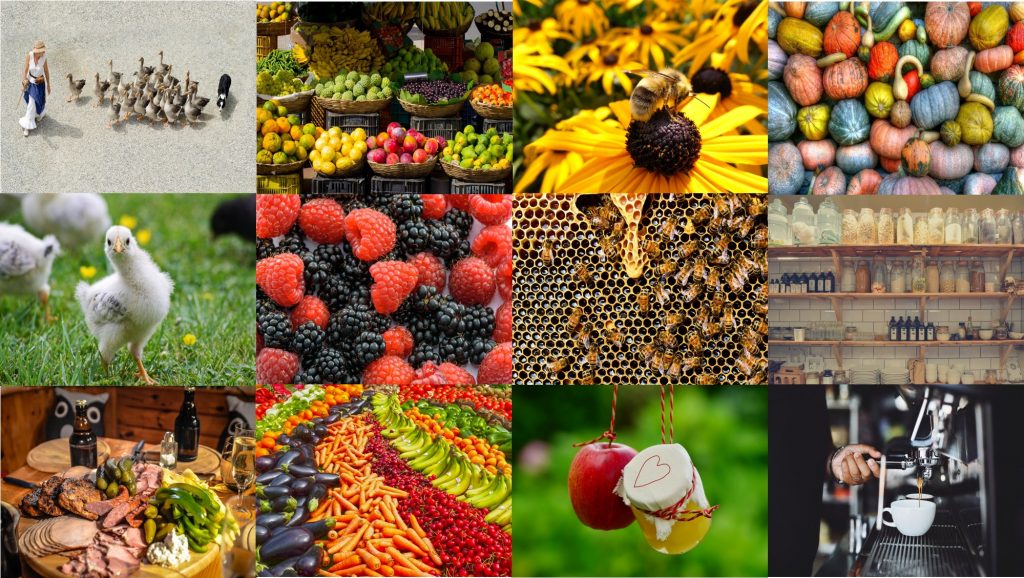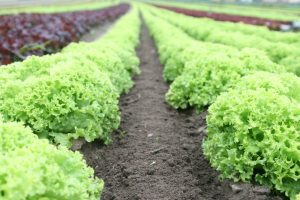
Organic food definition:
Avoiding the use of synthetic chemicals, hormones, antibiotic agents, genetic engineering and irradiation in growing crops and raising livestock.
Types of organic produce available in the market include:
grains, meat products, fruit and vegetables, dried legumes, dairy foods, eggs, honey and some processed foods.
Reasons to buy organic food
Most people buy organically-grown food products because they are concerned about pesticides, additives, antibiotics or other chemical residues. Although pesticide residues in fruit and vegetables are monitored in most countries like Australia, many people believe organic food is healthier.
Organic food and nutrition content
Several studies have compared the nutritional content of organic and conventionally grown plants, and most have shown no significant differences in key vitamin and mineral content. However, although the differences are small, research has shown that some organic food has:
- Lower nitrate levels
- Higher vitamin C levels
- Higher levels of selenium.
Organic food; ethics and environment
Organic foods promote more humane treatment of animals, as well as providing meat that is free of hormones and antibiotics. Also, some people worry about the long-term health, economic and environmental consequences of GM foods and choose organic foods in support of an industry that does not use GM techniques.
Organic foods promote healthier and more sustainable use of natural resources. Modern farming methods, including excessive use of chemicals, have led to a decline in soil fertility, and an increase in salinity and blue-green algae in waterways over many years. Organic farmers try to minimise damage to the environment by using physical weed control, and animal and green manure.
Organic food outlets
You can buy organic food from:
- Some supermarkets
- Some greengrocers
- Health food store
- Some fresh food markets
- The internet
- Certified organic retailers.
Organic food is often more expensive than conventionally-produced food. This is because organic farming generally operates on a smaller scale, production is more labour intensive and, without herbicides, pesticides and other chemicals, yields are generally smaller.





